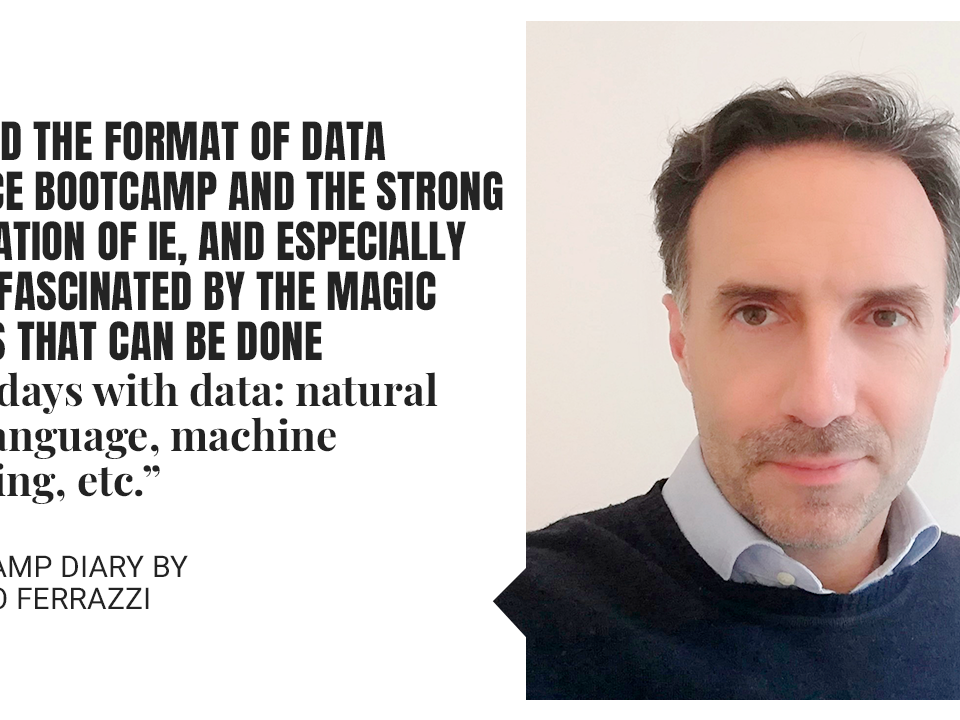Data Mining and its Influence on the News

What does Facebook have in common with Exxon Mobil and British Petroleum? The three are extraction companies. While BP and Exxon deal in extracting resources from the earth, Facebook mines, refines, aggregates and sells its users’ personal information and data trails to advertisers, who then use it to tailor ads and information towards said users.
What is a Facebook user’s data worth?
In 2018, data is now the ultimate currency. Facebook currently earns $20 per user per year in the United States and Canada by monetizing their data.
While the data mining industry is lucrative, it is also one that is controversial with the potential to do serious harm. For better and for worse, Facebook has become a gatekeeper of the news industry, with many people receiving their news directly from their Facebook feed.
Red Feed, Blue Feed
Once a user’s data gets mined, Facebook will tailor the sources of news that said user receives to cater to their political allegiance. The Wall Street Journal can demonstrate the polarizing effect that data mining has on the news with the “Blue Feed, Red Feed” which shows the news feeds of a Democrat alongside that of a Republican in regards to the same subject matters. There is a dramatic difference in coverage of these themes, which consequently creates an echo chamber that makes it increasingly difficult for both parties to reconcile and bridge their divides.
Mining Data to Analyze Media Coverage of Disasters
Data mining can also be used to analyze the different news agendas in different parts of the world to see how the coverage reflects events that take place in other parts of the world. In 2014 the Qatar Computing Research Institute used in-depth data mining to create a database of 195,000 disasters that occurred between April 2013 and July 2014 and which more than 10,000 news outlets around the world reported on. They documented the country in which each news outlet was based and then counted the published stories from other parts of the world. Finally, for several regions, they created a map of the world showing where the news had originated.
These examples portray how the news agendas can vary in locations across the planet. One unsurprising example from this study is that people in South Asia follow far more news about disasters in that region than people in North America and Europe do.
In a similar vein, people in Latin America consume far more news from Argentina than from Europe. There are some noteworthy anomalies. For instance, people across the planet tend to closely follow news originating from countries such as Egypt and Syria, due to the unrest and humanitarian crisis within these nations having consequences on the global scale.
We can wield data as a force of knowledge that can help researchers understand trends on a massive scale. Alternatively, it can be used to influence people, confining them in echo chambers that hinder discourse.
Do you want to learn how to influence data, rather than be controlled by it?
To learn more about the IE Data Science Bootcamp, download your copy of our informational booklet here. And, if you’re ready to apply for our next intake, get started on your application.



